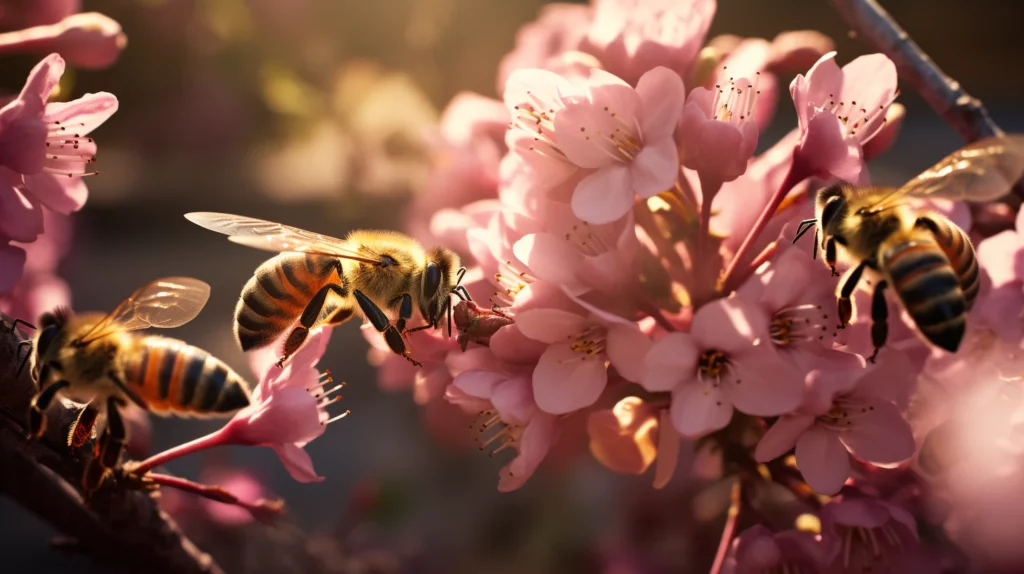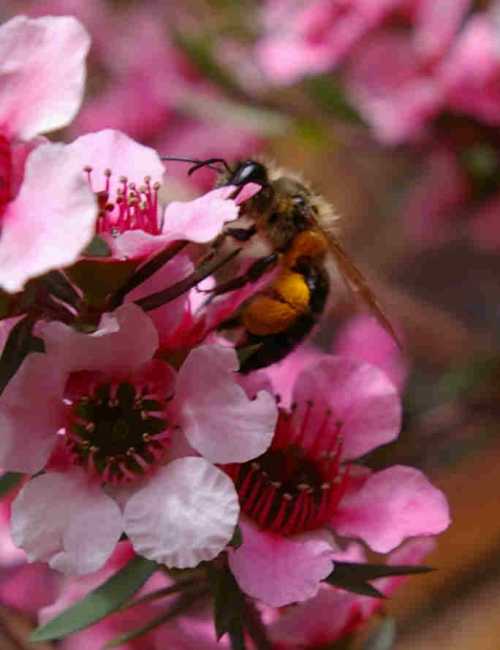Manuka Honey

Manuka honey is a honey native to New Zealand. It’s produced by bees that pollinate the Manuka bush.
Manuka honey’s antibacterial properties are what set it apart from traditional honey. It contains methylglyoxal as an active ingredient, likely responsible for these antibacterial effects. Additionally, Manuka honey has antiviral, anti-inflammatory, and antioxidant benefits.
What is so special about Manuka honey?
Manuka honey’s antibacterial properties are what set it apart from traditional honey. It contains methylglyoxal as an active ingredient, likely responsible for these antibacterial effects. Additionally, Manuka honey has antiviral, anti-inflammatory, and antioxidant benefits.
It may benefit wound healing, cough relief, ulcer healing, digestion, and oral health. It speeds wound healing and helps prevent and fight infections, including those caused by antibiotic-resistant strains. Manuka honey may also help prevent or treat numerous ailments, including inflammatory bowel disease, gastric ulcers, periodontal disease, and coughs due to upper respiratory infections.
Many cultures have used Manuka honey for wound healing for centuries. The Manuka flower gives Manuka Honey unique super food properties that you won’t find in standard honey.
Why New Zealand?
We go to the source. The Manuka flower is indigenous to New Zealand. It’s blush pink and flashy fuchsia blossoms appear less than six weeks per year, but the scrubby Manuka bush is also a crucial piece in the process our bees carry out.
We don’t use cultivars or Manuka plantations for our harvest. Our honeybees feast on wild Manuka blossoms, nestled between the crystal waters and the majestic glaciers in New Zealand.
No two harvests are identical, and each harvest is a true reflection of the New Zealand environment – including rain, sunlight, wind and snow. Slight Manuka Honey color variations occur depending on these conditions, and this is how we believe it should be!
The Manuka bush, which ranges from a small shrub to tall trees,does not grow everywhere. These are very sensitive to climatic changes, soil conditions, human interventions, and pollution. Consequently, these are only found in mountainous and isolated areas of New Zealand, which has a perfect microclimate for the plant. These locations are often very remote, difficult to reach, and even more difficult to set up bee colonies in.
Helicopters are regularly used to set up bee colonies in close proximity to the Manuka bush on the alpine tree line to make sure they exclusively pollinate Manuka flowers, producing pure mono-floral honey. If these plants could grow anywhere, Manuka honey wouldn’t be so expensive and rare. This is a reason why Manuka honey is expensive.

